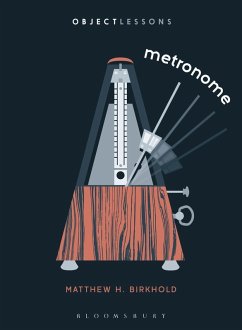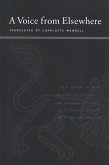Object Lessons is a series of short, beautifully designed books about the hidden lives of ordinary things. When the metronome was invented in 1815, it transformed the music world. Composers could now guide-and constrain-players of their works. Musicians ostensibly gained a tool to steer them to perfect tempo. Giants of classical music like Beethoven embraced the metronome early (its steady tick can even be heard in the eighth symphony) but fights soon erupted that have persisted today. Some consider the metronome an essential part of music instruction; others believe it creates mindless players and inhibits art. The metronome evokes such strong feelings because it has uncompromising power. Through it, we are connected to the past, propelled into the future, and kept focused on the present. For that reason, it has been used not just by musicians but also by athletes, scientists, lawyers, and authors. Weaving together examples from music, literature, and psychology, as well as the philosophical musings of scientists and artists, Metronome uncovers the surprising and fraught history of a timeless object.
Hinweis: Dieser Artikel kann nur an eine deutsche Lieferadresse ausgeliefert werden.
Hinweis: Dieser Artikel kann nur an eine deutsche Lieferadresse ausgeliefert werden.








